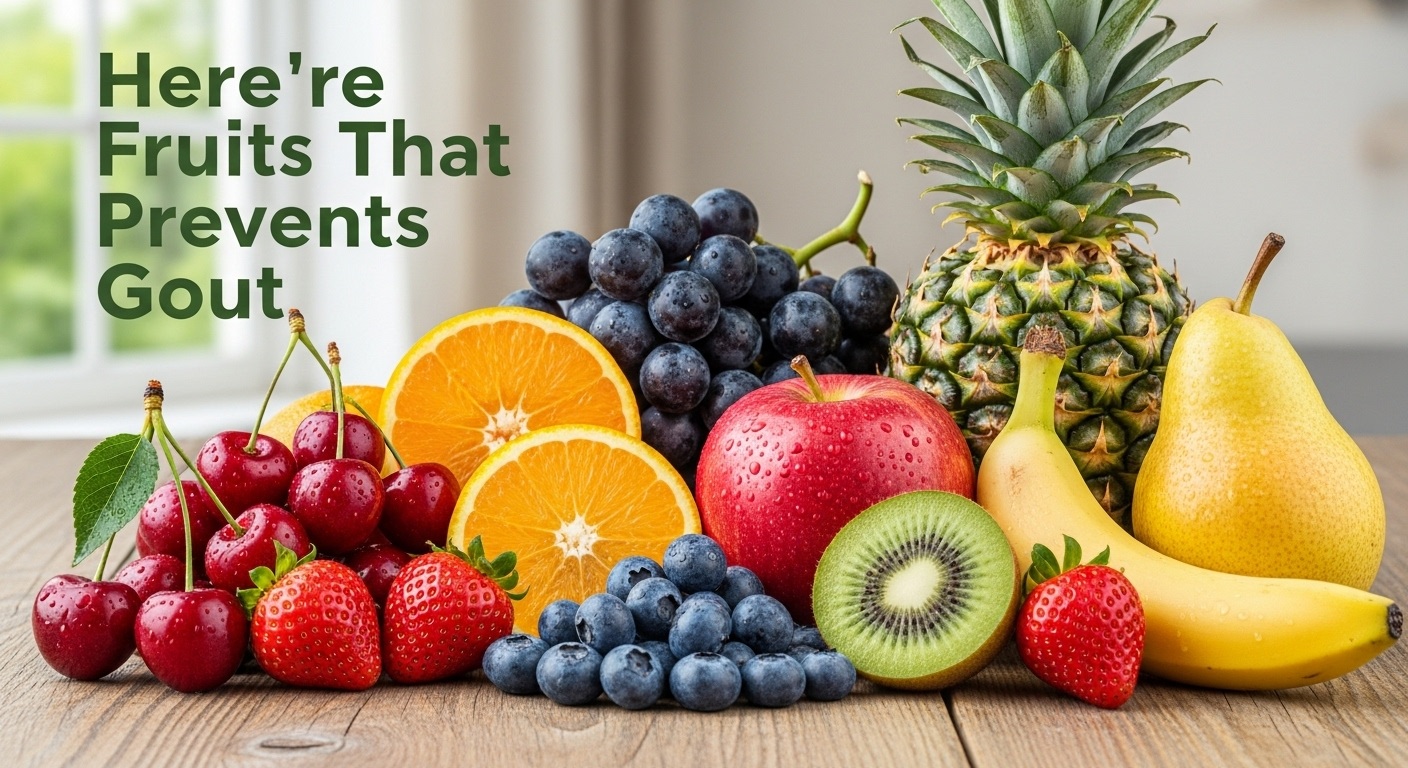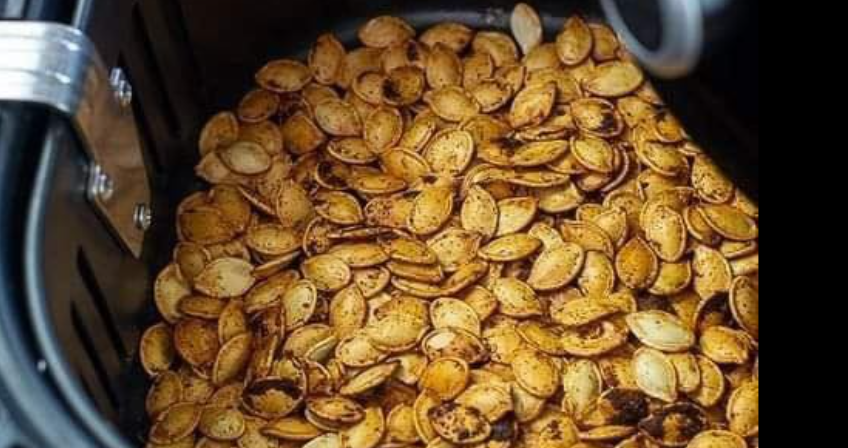
High uric acid levels can trigger painful gout attacks, swelling, and stiffness in the joints. While medicines are often prescribed for management, what you eat every day makes a huge difference. The best part? A few easy changes in your diet can help lower uric acid naturally and protect your joints from flare-ups.
Here are ten everyday foods that support uric acid balance and keep gout in check.
1. Cherries
Cherries are often called nature’s gout remedy. They’re rich in anthocyanins—plant compounds that calm inflammation and help bring down uric acid. Studies show that eating cherries or drinking tart cherry juice may cut down the frequency of gout episodes. They also pack vitamin C and antioxidants that protect your cells. If fresh cherries aren’t available, go for frozen or dried ones—just watch out for added sugar.
2. Citrus Fruits
Oranges, lemons, and grapefruits are vitamin C powerhouses. Vitamin C boosts kidney function and helps flush uric acid out of the system. Lemons also have an alkalising effect, balancing acidity in the blood. A warm glass of lemon water in the morning is an easy way to start the day. Oranges add hydration and fiber, supporting digestion and kidneys. Just avoid sugary packaged juices that can do more harm than good.
3. Celery
Celery has compounds like luteolin and 3-n-butylphthalide that may lower uric acid. Being high in water, it also keeps you hydrated and supports the kidneys in excreting waste. Celery juice has become trendy, and for those prone to gout, it’s a helpful option. You can snack on raw celery sticks, add them to soups, or blend them into juices.
4. Apples
Apples contain malic acid, which helps neutralize uric acid in the blood. Their fiber, especially pectin, supports digestion and toxin elimination. The vitamin C content also contributes to uric acid reduction. Eating apples with the skin provides maximum fiber and hydration. Green apples, with their tartness, may have a stronger alkalising effect. One apple a day is a simple step toward better joint health.
5. Carrots
Carrots help balance pH levels in the body, preventing uric acid buildup. Packed with beta-carotene and vitamin C, they also reduce inflammation. Whether raw, roasted, or juiced, carrots are versatile and naturally sweet—making them a healthy replacement for sugary snacks. They also support gut health and immunity while helping manage uric acid levels.
6. Green Tea
Green tea is an excellent drink for gout prevention. It’s full of catechins, antioxidants that reduce inflammation and aid kidney function. Unlike sodas or alcohol, green tea hydrates without harmful effects. Drinking it regularly helps the body get rid of uric acid more efficiently. Matcha, a concentrated powdered version, offers even greater benefits. Add lemon or ginger for extra flavor.
7. Tomatoes
Tomatoes are a rich source of vitamin C and lycopene. Despite some myths, research shows they can help lower uric acid due to their alkalising properties. They also improve hydration and kidney function. Cooked tomatoes provide even more lycopene, so enjoy them in sauces, curries, soups, or salads. Homemade tomato juice is another healthy choice.
8. Cucumbers
Cucumbers are more than 90% water, making them a natural detox food. They’re low in purines and help flush uric acid through improved kidney function. They can be eaten raw in salads, blended into smoothies, or added to water for a refreshing drink. Low in calories, cucumbers also support weight control, which is important since obesity raises gout risk.
9. Berries
Strawberries, blueberries, and blackberries are packed with antioxidants and vitamin C, both linked to lower uric acid. Their anti-inflammatory effects ease swelling and pain. The fiber in berries also supports digestion and waste elimination. A daily handful of mixed berries—whether in smoothies, oatmeal, or as a snack—can benefit both gout prevention and overall health.
10. Leafy Greens
Spinach, kale, and lettuce are rich in fiber, vitamin C, and minerals that strengthen kidneys and joints. While spinach has moderate purine levels, its alkalising and anti-inflammatory nature makes it safe in moderation. Kale and lettuce, being low in purines, are even better choices. Regularly eating greens in salads, smoothies, or light stir-fries helps neutralize uric acid and support detoxification.
Conclusion
Medications help manage gout, but everyday food choices are your first line of defense. Adding more fruits, vegetables, and hydrating foods to your meals can naturally bring down uric acid levels. With small, consistent changes, you can protect your joints and say goodbye to painful gout flare-ups.






